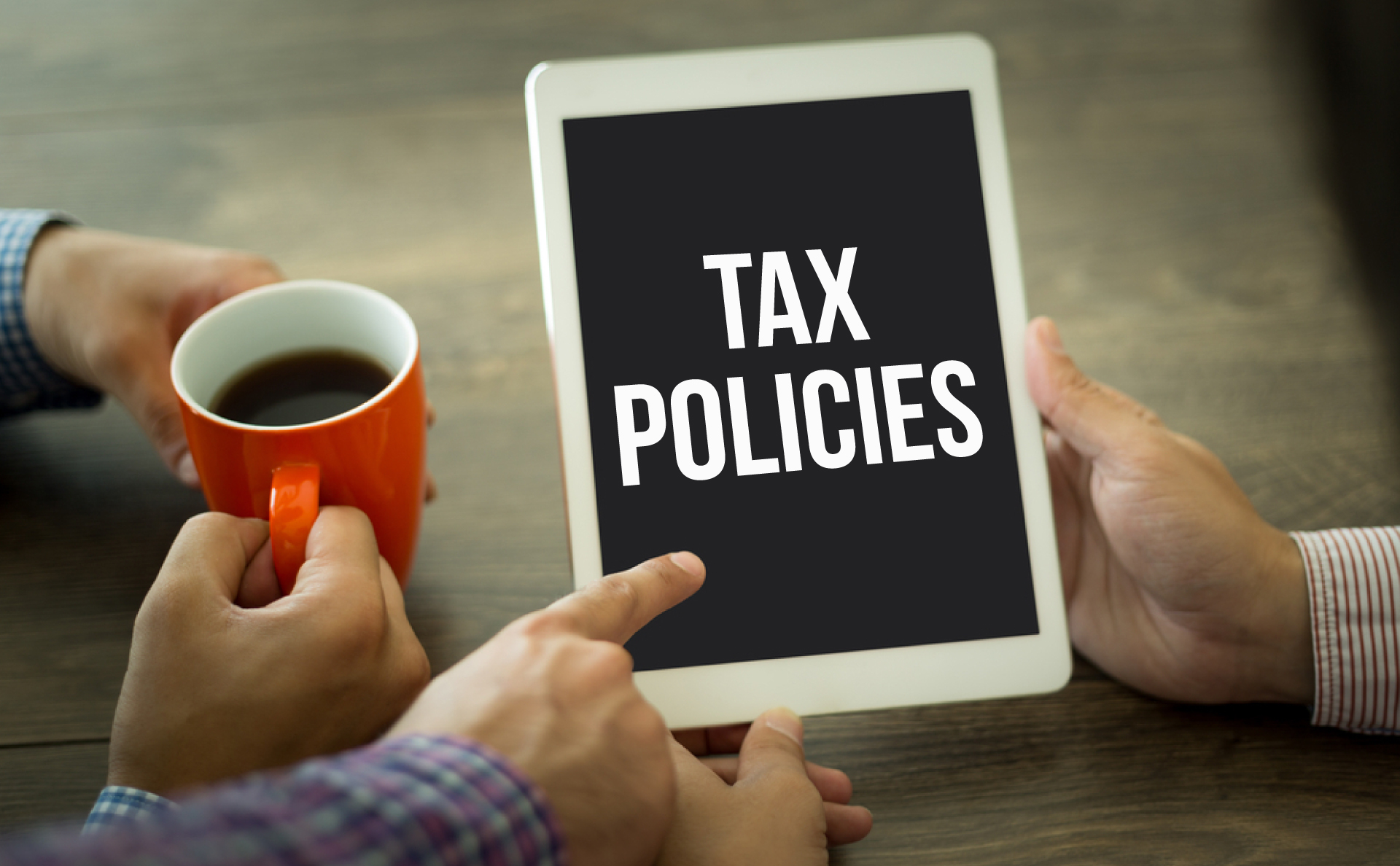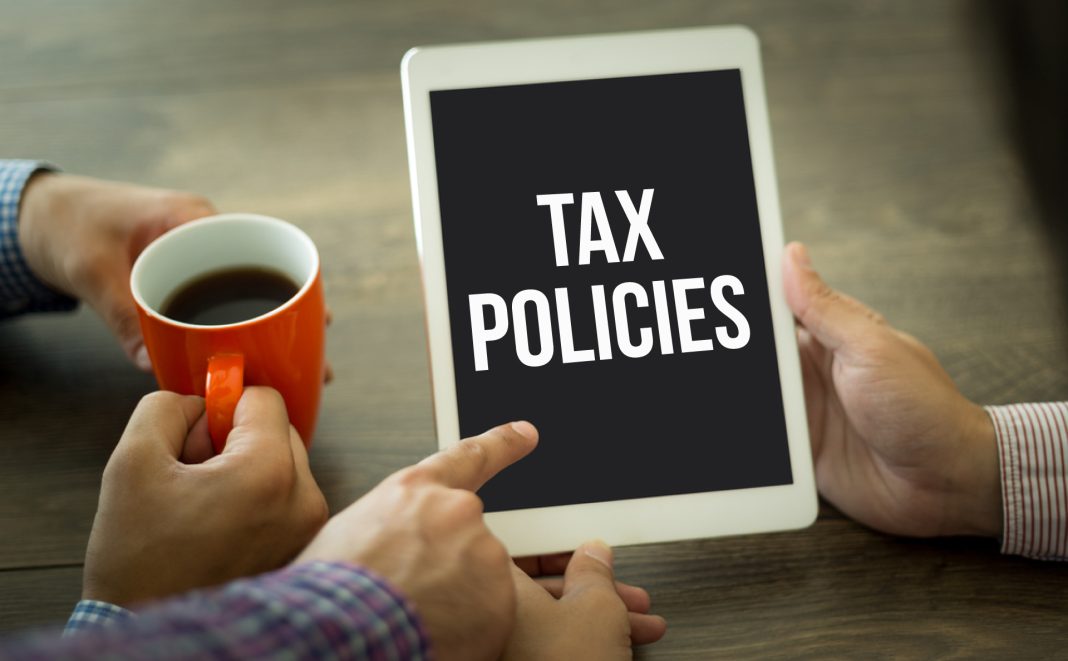
The U.S. Chamber of Commerce, a business advocacy group, has urged Congress not to raise corporate taxes next year and to support “pro-growth tax policies” in order to ensure a strong economy. This call comes in response to proposals by Democratic presidential nominee Vice President Kamala Harris and the Biden administration to raise the corporate tax rate from 21 percent to 28 percent.
The Chamber of Commerce argues that hiking taxes could discourage investments and put U.S. businesses at a disadvantage compared to their international competitors. They highlight the positive impact of the Tax Cuts and Jobs Act (TCJA) signed by former President Donald Trump in 2017, which reduced the corporate tax rate from 35 percent to 21 percent. According to the Chamber, this reduction increased the after-tax return on capital investments, made U.S. tax rates globally competitive, and led to higher wages for workers.
The Chamber of Commerce suggests preserving the competitive business tax rates established by the TCJA and implementing policies that allow firms to deduct research and development expenses and immediately deduct the full cost of certain capital investments.
However, proponents of raising corporate taxes argue that it is a fiscally responsible way to redistribute wealth and ensure that billionaires and big corporations pay their fair share. Vice President Kamala Harris’s campaign spokesperson, James Singer, states that raising corporate taxes will put money back in the pockets of working people and create an opportunity economy for the middle class.
The Chamber of Commerce warns that raising taxes on businesses would negatively affect the U.S. economy in three ways. Firstly, it would reduce the return on investment for business owners, potentially making them hesitant to invest in new ventures. Secondly, higher taxes would impact not just businesses and investors but also workers and employees. A study cited by the Chamber reveals that customers bear 52 percent of higher corporate taxes through higher prices, workers bear 28 percent through lower wages, and shareholders bear 20 percent through lower investment returns. Lastly, higher taxes would put U.S. businesses at a disadvantage compared to foreign companies, potentially leading to companies relocating their headquarters and operations to lower-tax jurisdictions.
To ensure that the U.S. remains internationally competitive, the Chamber of Commerce calls on Congress to maintain a tax system that benefits both U.S. companies operating abroad and foreign firms investing within the United States.
In contrast, President Trump has suggested further reducing the corporate tax rate to 15 percent if he is elected president. While this move would boost economic growth, the think-tank Tax Foundation cautions that it could also reduce federal tax revenues at a time when the country’s debts and deficits are already high. The Tax Foundation recommends pairing a tax rate reduction with reforms that broaden the tax base and remove penalties on investment.
The National Association of Manufacturers (NAM), which represents businesses across the United States, strongly opposes any tax increases that would harm manufacturing entities. They argue that the 2017 tax reductions were beneficial for U.S. manufacturers, leading to record job creation, capital investment, and economic growth. Manufacturing production and capital spending in the sector increased after the tax cuts were implemented. However, if the pro-manufacturing tax provisions were to expire, the NAM warns that manufacturers would face significant tax increases.
In conclusion, the debate over corporate taxes in the United States centers around the potential impact on economic growth, investment, and competitiveness. Advocates for lower taxes argue that they stimulate economic activity and benefit businesses, workers, and consumers. On the other hand, proponents of higher taxes believe that they are necessary for wealth redistribution and ensuring that corporations pay their fair share. As policymakers consider the best approach, it is crucial for them to weigh the potential benefits and drawbacks to the economy and various sectors, such as manufacturing, in order to make informed decisions.

